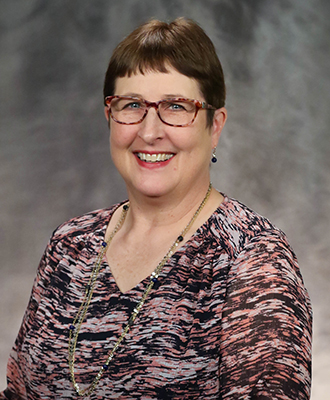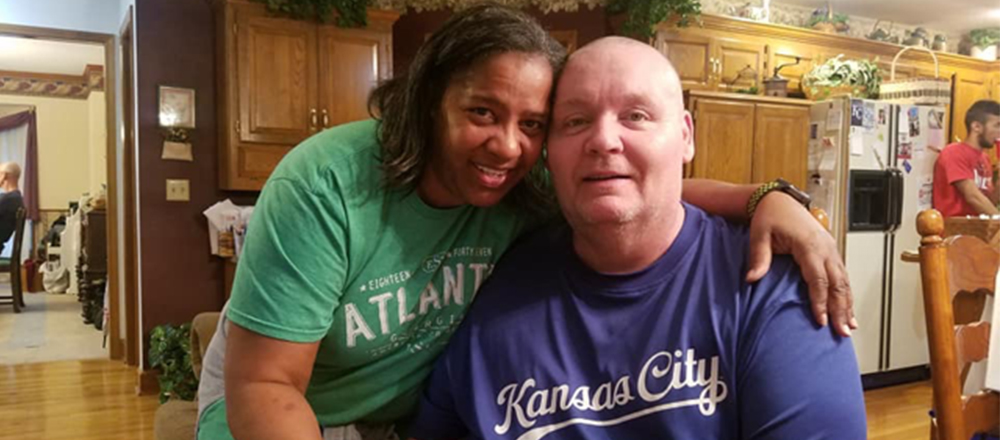Sleep Divorcing: Why Are More Couples Embracing It?
December 10, 2024By: Kim Shopper
Categories: Your Wellness

In recent years, a growing trend known as “sleep divorcing” has emerged as a solution for couples seeking better sleep without sacrificing their relationship. While the term might sound drastic, a sleep divorce doesn’t mean the end of a marriage or partnership.
What Is Sleep Divorcing?
Sleep divorcing is when partners choose to sleep apart to ensure they both get the best sleep possible. This trend has gained traction as more people recognize the impact of poor sleep on their health, productivity and relationships.
According to the Centers for Disease Control and Prevention, nearly 40% of Missourians report getting insufficient sleep, and factors like snoring, tossing and turning, or different sleep schedules can add to sleep deprivation. By opting to sleep separately, couples aim to reduce these disruptions, allowing each partner to sleep more soundly.
Why Choose Sleep Divorcing?
Many factors drive the decision to sleep divorce, including:
Snoring
Snoring is a common sleep disruptor that can significantly impact a partner’s sleep. For those who are light sleepers, the sound can lead to restless nights.
Different Sleep Schedules
Couples often have different work schedules, especially if one partner works nights or has to wake up earlier.
Temperature Preferences
Some people sleep better in a cooler room, while others prefer warmth.
Movement During Sleep
Restless sleep patterns, such as tossing and turning or frequent movements, can disrupt a partner’s sleep.
Sleep Disorders
Conditions, such as sleep apnea or insomnia, can make it difficult for one or both partners to get sufficient rest. Find help for sleep disorders at North Kansas City Hospital’s Diagnostic Sleep Center.
Does Sleep Divorcing Hurt Relationships?
Statistics by the National Academy of Sleep Medicine found that 15% of couples consistently sleep apart, and many feel closer because of it. Many report that sleep divorcing actually enhances their bond. Better sleep contributes to improved mood, mental clarity and energy. They enjoy uninterrupted sleep, making them more present, patient and affectionate in their waking hours.
For many partners, intimacy isn’t tied to sharing a bed but to quality time spent together. Consider a “separate but together” approach with a shared bedroom for bonding and separate rooms for when it's time to sleep.
Tips to Successfully Implement a Sleep Divorce
If you’re considering sleep divorcing, open communication is key. Here are some steps to make the transition smoother:
Discuss Your Goals
Talk openly about why you think sleep divorcing could benefit your relationship. Focus on the positive impact it can bring to your sleep and well-being.
Create a Plan Together
Decide on logistics like sleeping arrangements, routines and when to spend time together before bedtime to maintain intimacy.
Set Up Comfortable Sleeping Spaces
Make each space inviting and comfortable. Add personal touches to make it feel like a positive experience rather than a separation.
Stay Flexible
Some nights, you may want to sleep in the same bed. Keep communication open to decide what works best for both of you.
Prioritize Other Forms of Communication
Make sure to spend quality time together outside of sleeping hours to maintain intimacy. Date nights, morning coffee together or shared activities can keep the connection strong.
Is Sleep Divorcing Right for You?
Sleep divorcing isn’t for everyone. Some couples find sharing a bed to be a comforting, bonding experience they don’t want to give up. For others, sleep divorcing has been transformative, providing the rest they need to feel happier and healthier. Ultimately, what matters most is finding an arrangement that supports both partners’ well-being and keeps the relationship strong.



